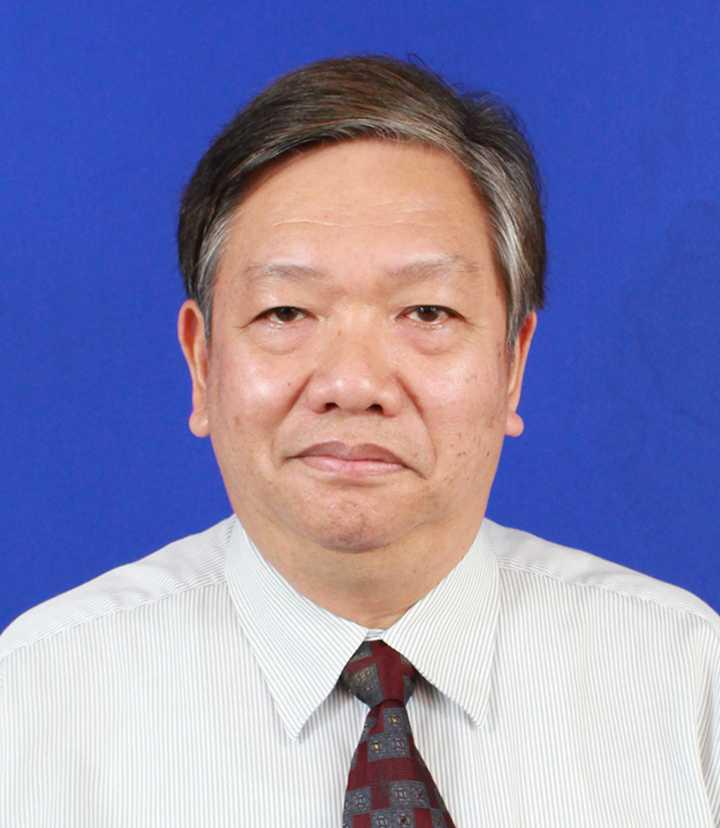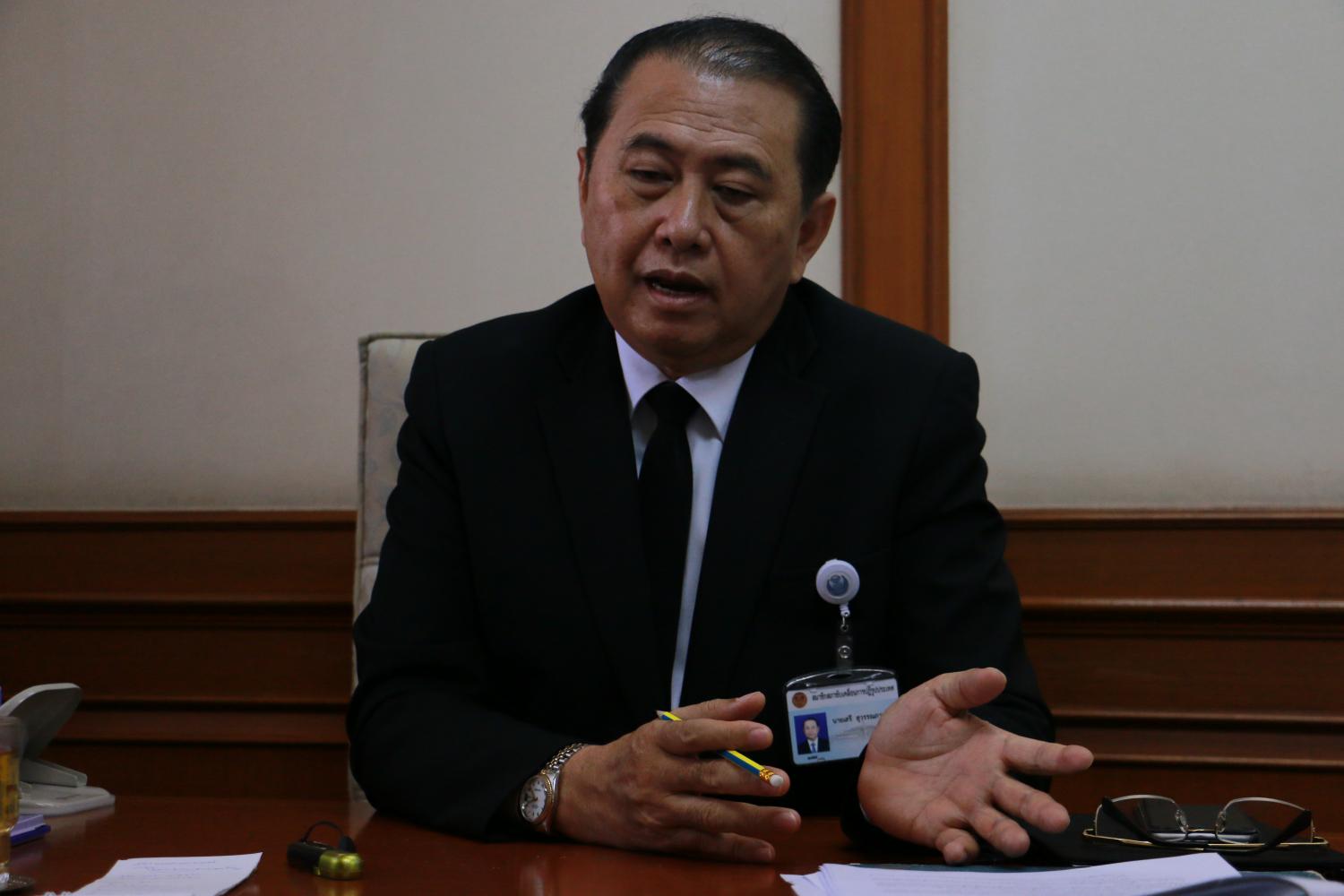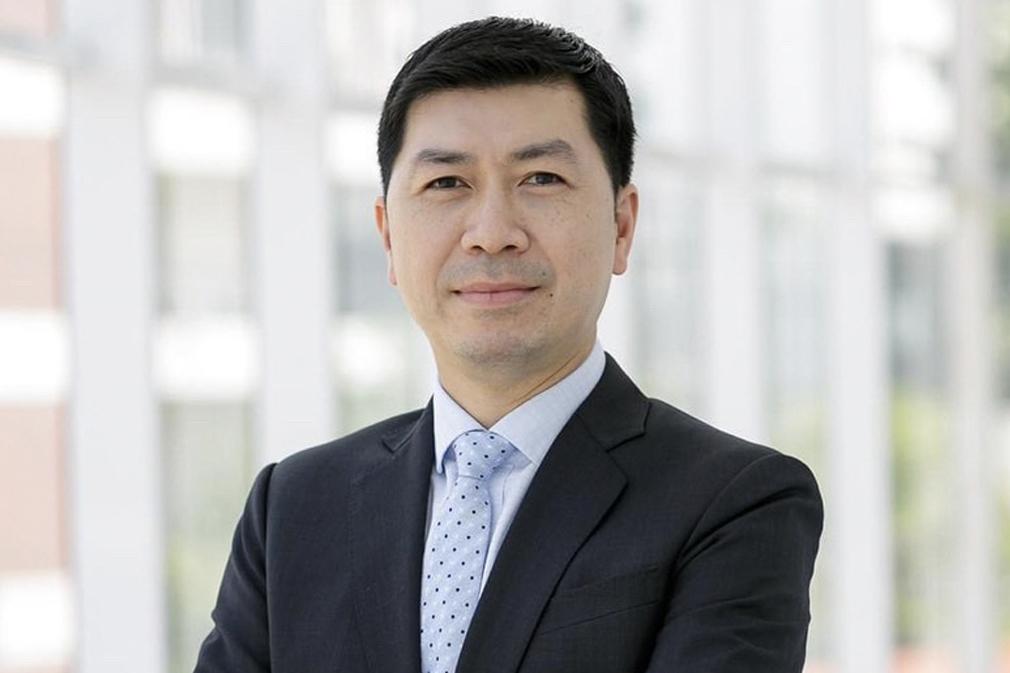
A series of recent scandals involving police officers' misconduct has dealt further blows to public confidence in the Royal Thai Police (RTP), and increased pressure for long overdue reform.
A Pattaya police officer accused of demanding 60,000 baht from a tourist for possession of an e-cigarette has been suspended pending a disciplinary investigation.
Pol Sen Sgt Maj Noppakrit Pornwatanathanakij, a traffic officer at Pattaya station, was initially transferred to an inactive post at the Provincial Police Office on Feb 1 following a programme that aired on Channel 3 on Jan 31.
In the report, a Chinese tour guide was said to have sent a message to other guides in his group warning that a visitor he was looking after had been detained for having a vaping device by a policeman who demanded a fine of 60,000 baht. After some bargaining, the sum was reduced to 30,000 baht. This happened in Pattaya around the end of January.
A probe found there was sufficient evidence of Pol Sen Sgt Maj Noppakrit having committed a serious breach of discipline under the National Police Act.
A further committee was set up to consider disciplinary measures against the officer.
In another scandal, six policemen at Huai Khwang station have been charged with taking bribes in connection with the alleged extortion of a Taiwanese actress and her friends at a checkpoint on Jan 4.
The officers were earlier charged with dereliction of duty for failing to make an arrest over the group's illegal possession of vaping devices.
The bribery charge came after a Singaporean man told reporters that he paid 27,000 baht to the officers at the checkpoint to prevent them from arresting the group, which included Taiwanese actress Charlene An.
Chuvit Kamolvisit also recently pointed the finger at two senior police offiers who allegedly used their connections to run a gambling network with more than 10 billion baht in circulation -- bigger than the macau888 network which has recently been the subject of much media and police attention.
Another high-profile case involves Pol Col Thitisan "Joe Ferrari" Utthanaphon, convicted of the custodial killing of a drug suspect in Nakhon Sawan in August, 2021.
The Central Criminal Court for Corruption and Misconduct initially gave him the death penalty on June 8, last year but commuted the sentence to life because he confessed to some charges.
Long delay
The police force is the first step of the criminal justice process as it is first to carry out an investigation and gather evidence to identify and arrest a suspect.
However, the police force has come under criticism over a lack of independence and a culture of position-buying among officers, according to the Internet Dialogue on Law Reform (iLaw) group.
Police reform was hailed as a priority by the National Council for Peace and Order after the 2014 coup.
The issue is part of the national reform blueprint covering 11 areas of reform including justice reform.
The National Reform Assembly was created on Oct 6, 2014 and a committee on law and justice reforms formed.
However, these efforts appear to have gone nowhere despite several more committees being set up to address the matter, according to iLaw.
The justice and police reform process had dragged on for almost eight years before a national police act was passed by parliament on July 5 last year. It took effect on Oct 17 last year.
The new law is designed to replace the 2004 National Police Act as it introduces new rules governing the police force in line with the national reform plan.
However, academics involved in the process point out the reforms remain ongoing after the law was enacted.
Supachai Yaowaprapas, president of the Council of the Royal Police Cadet Academy and a former drafter of the bill, said the law focuses on personnel management, though the rules regarding the appointment and promotions have yet to take effect.
The restructuring of the Police Commission, the National Police Policy Commission and the committee handling complaints against badly-behaved police under the law are also being implemented, Mr Supachai said.
For example, the complaints committee will comprise members outside the police force including the Lawyers Council of Thailand and prosecutors. The selection process is still in progress, he said.
The Police Commission will also be restructured with elected members instead of appointed ones, he said, adding that timeframes have been set for action plans and related procedures.
Once they are completed, there will be one further delay as parliament has decided to push back enforcement of the act for 240 days as the RTP asked for more time to prepare.
"The law also puts in place a system that deters police from committing offences by ensuring they are looked after well. Under the law, a survey will also be conducted to ask people how satisfied they are with the police force, which will be factored into promotions,'' Mr Supachai said.

Uphill task
However, Vicha Mahakhun, a former national anti-corruption commissioner, described attempts at police reform as an uphill struggle which requires a great deal of effort and determination.
"It is a nearly impossible task because the decision-makers of the police force do not want reform because it involves getting rid of old things and introducing new ones.
"It is impossible to reform the police as long as the force is overseen by the prime minister,'' Mr Vicha said, referring to the Police Commission and the National Police Policy Commission which are both chaired by the PM as stipulated by the law.
"Reform must be initiated and carried out by people with an independent mindset who connect with people rather than becoming their boss,'' Mr Vicha said.
"Reform must take into account input from the public. It should not come from those dictating the rules from the top level. They once depended on the patronage system and tend to ignore the people,'' Mr Vicha said.
"If police attach importance to people, they will not set up checkpoints and extort money from them and send it to their superiors. It is a patronage system where subordinates find the money and give it to their superiors in exchange for positions,'' he said.
"The national police law is part of efforts to reform the force, though such an entrenched hierachy will be hard to shake from its perch,'' he said.
Mr Vicha also supports the role of social media as a tool to scrutinise and expose irregularities in the force.

Senator Seree Suwanpanont echoed that view, saying some police buy their way into top jobs and order their subordinates to extort money.
"Reform appears to have gone nowhere because no serious effort is made to address these problems,'' Mr Seree said.
Although the new law puts in place stricter measures to scrutinise police, it remains to be seen whether it can prevent position-buying and extortion, he said.

Reform a 'pipedream'
Mana Nimitmongkol, secretary-general of the Anti-Corruption Organisation of Thailand, also pointed the finger at position-buying among police and attempts to curry favour with their superiors as major problems that need to be addressed.
"No one [in the police force] is willing to solve the problem because they take turns assuming those positions and they are content with it,'' he said.
"Police reform remains a pipedream. Some may look forward to it, but many don't believe it will materialise.
"Any politician who promises reform as part of their election campaign must be more specific about which area they want to change.
"They should promise that they will find ways to scrutinise the force and ensure its independence rather than seeking to increase the number of police-general positions or welfare benefits,'' Mr Mana said.

Pol Lt Col Krisanaphong Poothakool, assistant to the Rangsit University president and chairman of the university of the Faculty of Criminology and Justice Administration, said the Huai Khwang extortion case serves as a lesson that the RTP must make a serious effort to tackle corruption among officers.
Even though mechanisms are already in place to scrutinise the work of police, they still are not fully enforced, he said.
Public participation
Pol Lt Col Krisanaphong suggested the chain of command be streamlined and the public be given a greater role in scrutinising the force.
He said police also should seek the support of the public to help keep officers in check as in the case of Mr Chuvit acting as a whistleblower.
The RTP should educate the public about the impact of corruption and the need to prevent it while people should realise that bribing offcials is a serious crime that carries serious consequences, he said, while adding that it is important for police to enforce the law without fear or favour.








